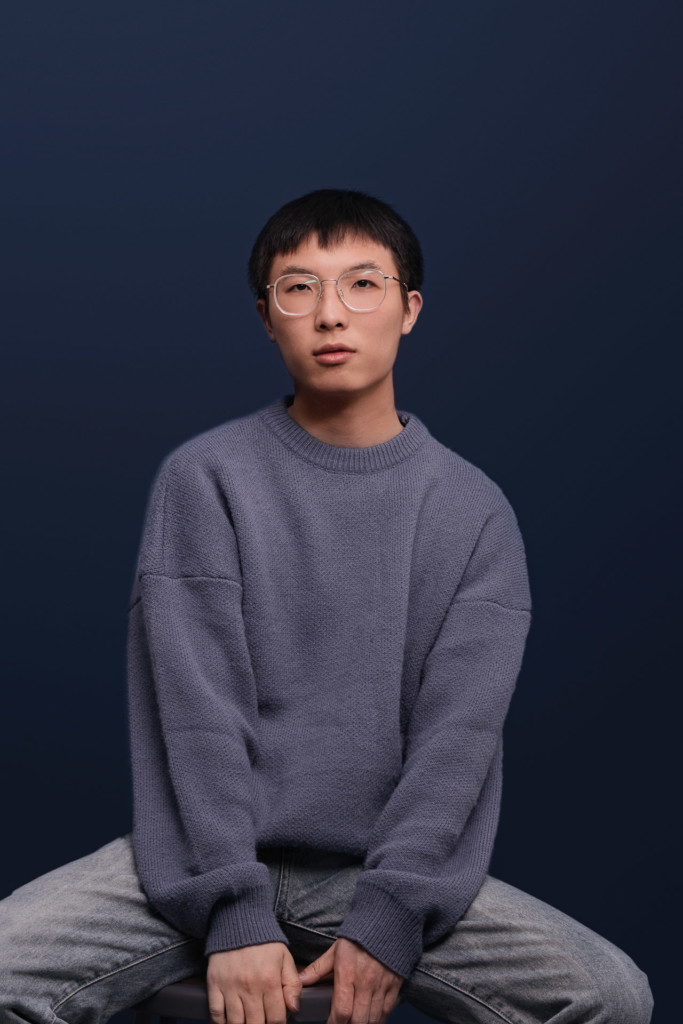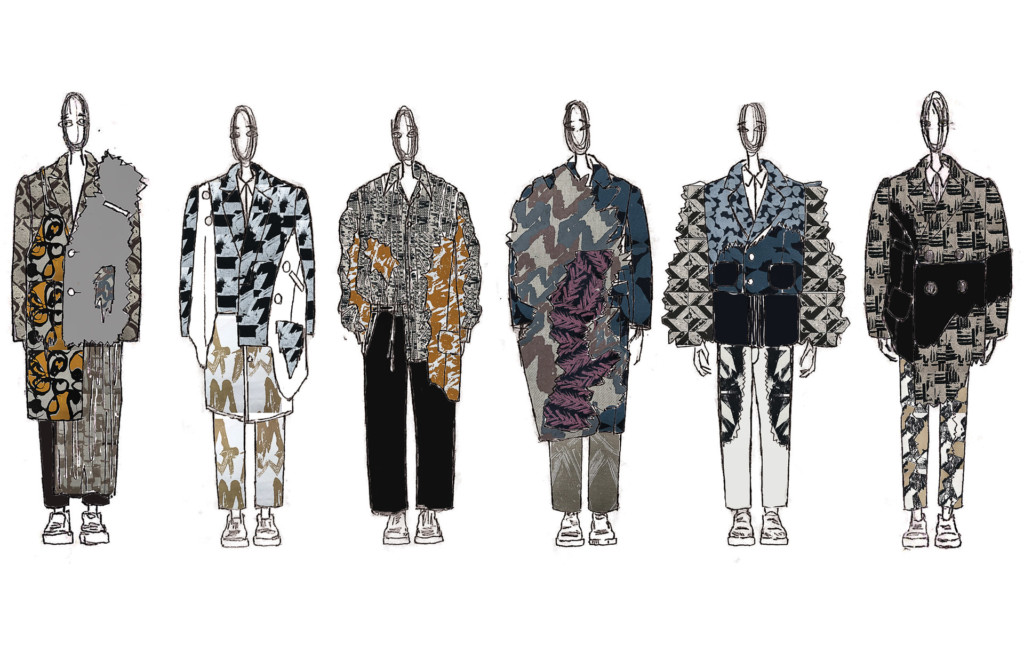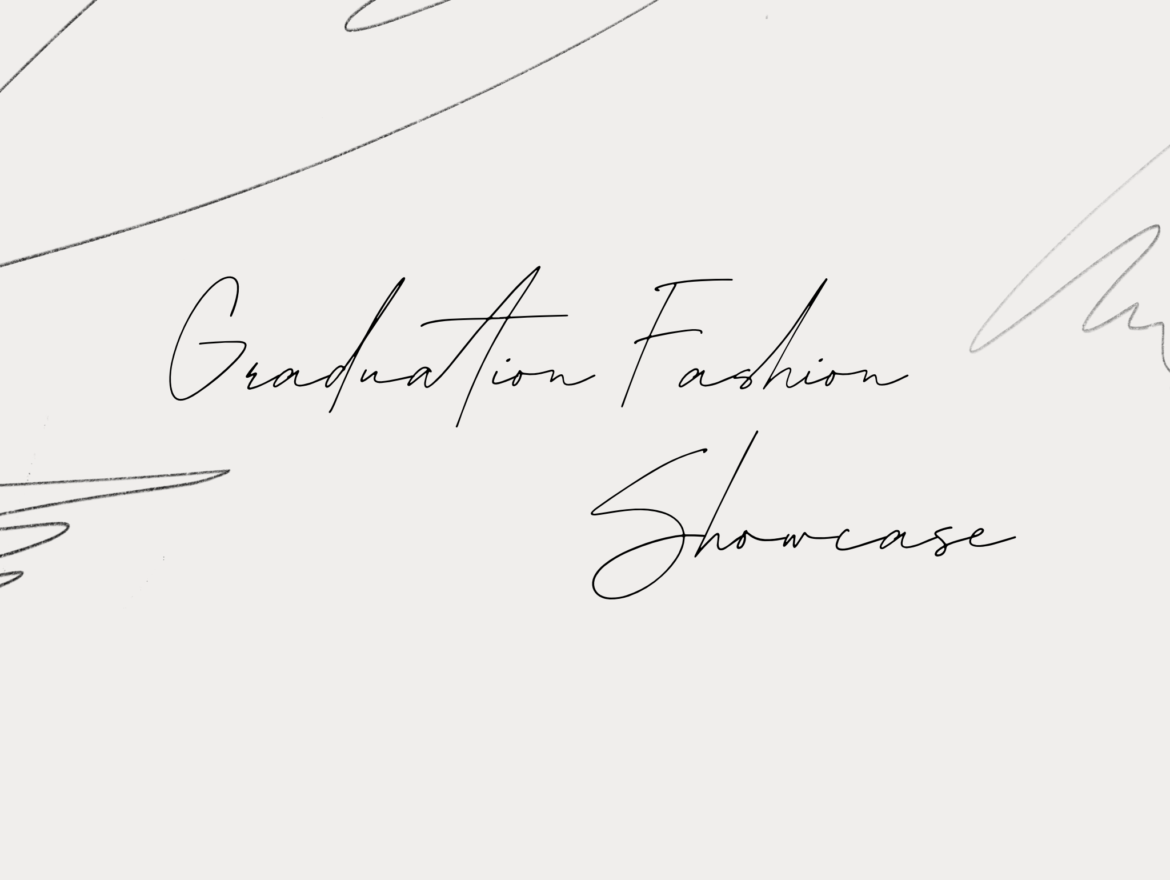By Dwaine Hill

Throughout history, fashion has represented the culture it is born into. Punk, glamour, and streetwear are just three movements that have emerged from a collective, global unconscious. With his menswear collection, B.F.A. fashion design student Xiangyi Lei is adding his two cents to the current fashion conversation.
The twenty-first century has seen many advancements, but alongside that progress sits uncertainty. The Academy of Art University School of Fashion student had agonized over whether he would be able to find a stable job after graduation. He’s also homesick and worries about his loved ones back home in China. It is these anxieties that manifested in his senior thesis collection and yearned to tell their story.
Lei found his initial inspiration after viewing contemporary artwork by Pat O’Neill, a trailblazer in experimental cinema. The imagery in O’Neill’s films is altered and spliced together to create a morphing collage, and Lei recalled that it was this feeling of chaos that pushed his research further. Soon enough, he was led to the peak of the Great Depression and began asking himself questions: How did people during the 1930s feel compared to today? It is the bleakness of that era as well as the answers to those questions that found their way into the silhouettes of Lei’s lineup.
The garments themselves are a nod to O’Neill and his visual experimentation. Lei merged the rigid, structured men’s tailoring with asymmetrical details that don’t quite fit. While the rough and manipulated fabrics reinforce the idea of being well worn, there’s also something polished about Lei’s clothes. He was able to meld chaos and conformity together.
The fabrics selected for the collection range from wool and silk to cotton. He also wanted to incorporate sustainability by choosing natural, renewable materials. The prints were created in collaboration with B.F.A. textile design student Tanya Kaushik, and the duo decided to use these materials to bring menswear into the modern era. Consumption and sustainability are huge talking points in today’s fashion conversation, and Lei’s collection aims to last by integrating functional, traditional materials that have a reduced impact on our environment.
In the face of political, social, economic, and environmental climates nearing a breaking point, it’s easy to stress about the future. It is up to designers like Lei to use their art as a platform to instill knowledge in the wearer and to look to another time when things could not have felt worse. It’s a reminder that out of the darkness, beauty is born—a refreshing take on how to deal with our collective anxieties and, against the odds, overcome them.

